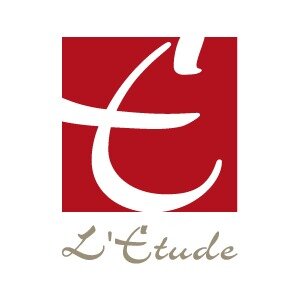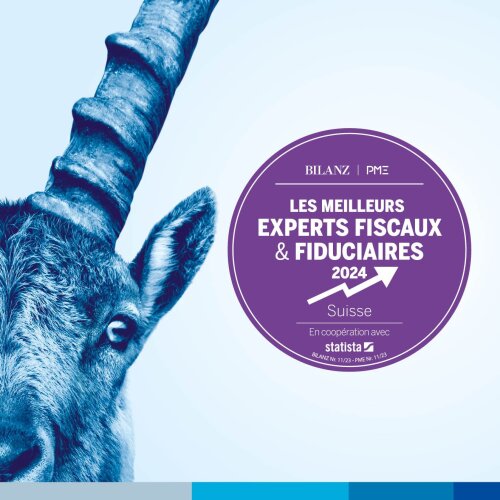Best Licensing Lawyers in Switzerland
Share your needs with us, get contacted by law firms.
Free. Takes 2 min.
Or refine your search by selecting a city:
List of the best lawyers in Switzerland
About Licensing Law in Switzerland
Licensing law in Switzerland governs the legal permissions and rights for individuals and businesses to utilize intellectual property, such as patents, trademarks, copyrights, and other proprietary elements. The Swiss legal framework supports the protection and commercialization of these assets, ensuring that inventors and creators can license their works to third parties while retaining certain rights and protections. These laws aim to foster innovation and protect economic interests by allowing rights holders to monetize their intellectual creations through licensing agreements.
Why You May Need a Lawyer
Engaging a specialized lawyer in licensing matters is crucial in navigating the complexities of intellectual property law. Situations that might require legal assistance include negotiating and drafting licensing agreements, handling disputes over licensing violations, ensuring compliance with local and international laws, and advising on the acquisition or sale of licenses. Lawyers can also provide insights into the best practices for structuring agreements to protect client interests and maximize commercial benefits.
Local Laws Overview
The Swiss licensing framework is built on several key principles. Firstly, Swiss law upholds strong protections for intellectual property rights, adhering to international standards as outlined in agreements such as the Berne Convention and TRIPS (Trade-Related Aspects of Intellectual Property Rights). Secondly, specific legal provisions in Switzerland address the registration, transfer, and enforcement of rights under the Swiss Civil Code and the Federal Act on Copyright and Related Rights. Understanding these frameworks is essential to ensure that licensing practices align with Swiss laws.
Frequently Asked Questions
What is a licensing agreement in Switzerland?
A licensing agreement is a legal contract where the licensor grants the licensee the right to use, develop, or commercialize certain intellectual property, subject to agreed terms and conditions.
How are licensing fees determined?
Licensing fees are typically negotiated between the parties and can be influenced by factors such as the nature of the IP, market potential, exclusivity, and the duration of the agreement.
Can a licensing agreement be terminated?
Yes, agreements usually include termination clauses specifying conditions under which the agreement can be terminated, such as breach of contract or mutual consent.
What happens if a party breaches a licensing agreement?
In case of a breach, the affected party can seek remedies through legal action, which may include damages, specific performance, or termination of the agreement.
Is the registration of a license mandatory in Switzerland?
While not always mandatory, registering a license with the Swiss Intellectual Property Office can help protect the rights of the licensee, particularly in cases of third-party disputes.
Are there specific licensing laws for software in Switzerland?
Software licensing is governed under copyright law, and parties can draft specific terms to address the particular nature of using, distributing, and modifying software products.
Can foreign entities acquire licenses in Switzerland?
Yes, foreign entities can acquire licenses in Switzerland, subject to compliance with both Swiss law and any applicable international agreements.
What is an exclusive license?
An exclusive license grants the licensee sole rights to use the intellectual property within a specified domain, prohibiting the licensor from granting similar rights to others.
How long does a typical licensing agreement last?
The duration of a licensing agreement depends on negotiations between the parties, ranging from a few years to the entire life span of the intellectual property rights involved.
Can licensing agreements be modified after signing?
Yes, amendments can be made to a licensing agreement post-signing. However, such modifications require mutual consent and should be documented in written form.
Additional Resources
For those seeking more information on licensing in Switzerland, consider reaching out to the Swiss Federal Institute of Intellectual Property, the Swiss Licensing Executive Society, or the International Licensing Network. These organizations offer guidance, resources, and networking opportunities for individuals dealing with licensing matters.
Next Steps
If you require legal assistance in licensing, it's recommended to engage a lawyer with expertise in Swiss intellectual property law. Begin by researching and consulting with reputable legal professionals who can offer tailored advice based on your specific circumstances. Additionally, reviewing relevant case studies and legal developments can provide valuable insights into the processes and potential pitfalls in licensing agreements.
Lawzana helps you find the best lawyers and law firms in Switzerland through a curated and pre-screened list of qualified legal professionals. Our platform offers rankings and detailed profiles of attorneys and law firms, allowing you to compare based on practice areas, including Licensing, experience, and client feedback.
Each profile includes a description of the firm's areas of practice, client reviews, team members and partners, year of establishment, spoken languages, office locations, contact information, social media presence, and any published articles or resources. Most firms on our platform speak English and are experienced in both local and international legal matters.
Get a quote from top-rated law firms in Switzerland — quickly, securely, and without unnecessary hassle.
Disclaimer:
The information provided on this page is for general informational purposes only and does not constitute legal advice. While we strive to ensure the accuracy and relevance of the content, legal information may change over time, and interpretations of the law can vary. You should always consult with a qualified legal professional for advice specific to your situation.
We disclaim all liability for actions taken or not taken based on the content of this page. If you believe any information is incorrect or outdated, please contact us, and we will review and update it where appropriate.
Browse licensing law firms by city in Switzerland
Refine your search by selecting a city.
















